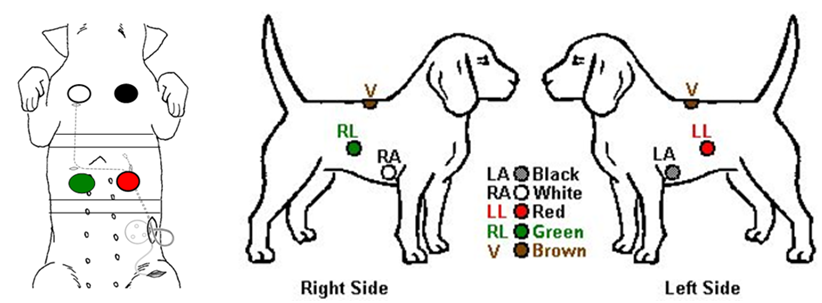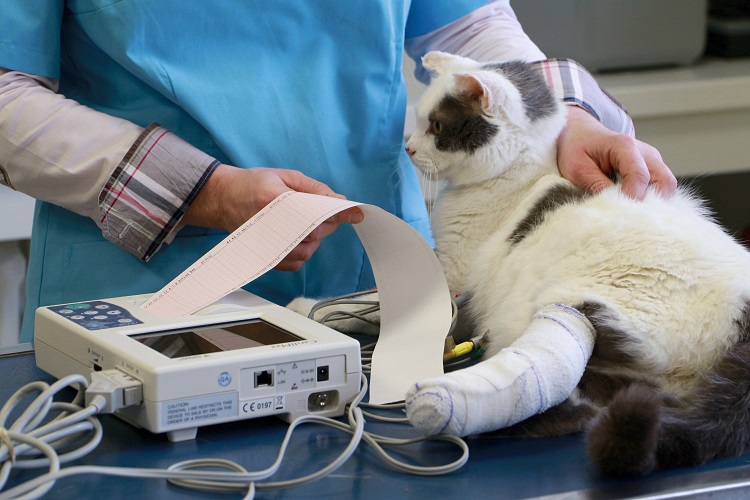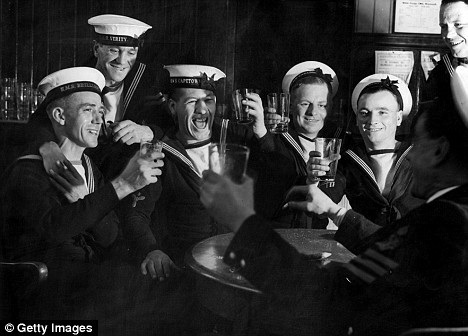Teaching is supposed to be fun. But while you may experience your work as a long privileged day full of opportunities, your colleagues will be telling you the residents are getting dumber by the year. Here is an attempt to talk about teaching in emergency medicine that will help you rebuttal complaints from your fellow attendings
Complaint No1:
Those stupid residents are getting dumber every year
Answer:
no they are not, you are a dick

Complaint No2:
Residents never read an article anymore, they only read silly blogposts by midgets that present themselves as goeroes.
Answer:
(Me being 1.40 tall when wearing heels:) There is nothing wrong with midgets or dwarfs, it is never about colour or texture of skin (like fur). Articles cater to old people with questions residents haven’t asked yet and they rightfully don’t give a damn. They will when they are as old and tired as you are.
Complaint No3:
I have been teaching the same thing year in year out, I cannot bother to explain the same concepts over and over again.
Answer:
If you don’t appreciate the joy of seeing young people finally understand essential concepts after years in college where they have been exposed to bad teachers and outdated textbooks, you should consider masturbating less and fucking off elsewhere.
If that wasn’t what you were after, I will leave you with a few statements on how teaching in emergency medicine should be done. Don’t read further if you are close to retirement and are only interested in flirting with nurses (in that case read https://doctorgrovermd.com/2017/03/21/nurses/)

Crucial points when teaching in emergency medicine
- Teach always. It is something that defines what you do all day. It is not a sidestep from business as usual, it is not something that can be taken away if the flow of the day demands it. It is part of your routine, part of your safety structure (If you ask a student questions it is a way of making sure you have covered all important things)
- Start with stating a problem. Whats is the problem? Why is this an issue? It is the clinical dilemma that you only start to see after some time in practice that you have to define first before you can elaborate on details. It pretty much is the answer to the question: Why is this relevant to me. Make the student understand what the problem is first.
- Make teaching fun, but never easy. What you teach, what you learn should always stretch you mental capabilities.
- Always build on what they know already.
- Repeat the important message at least three times. End the session with the message again and again and again. End the session with the message again and again and again. End the session with the message again and again and again.
- Teach about what you recently learned yourself.
- Sing, draw, chant what you will but never ever use a computerised slide system. That is a no no for powerpoint, keynote and Prezi.
- And finally: Everyone that is in on the session is an equal. You are teaching someone to be a better you and the student is already becoming you.




 Allergy patients, (besides the acutely crashing ones) given some time and some over the counter medications usually heal fairly well without too much of our interference. And that should be the norm always. Stuff returns to normal. And as much as I like to act, start a drip, do a chest X-ray, the reality is that these patients do not really need us in the first place. Can we fix them fast? Yes we can, can we prevent one or two more severe cases? Sure we can. Will we save a lot of lives… naaaa.
Allergy patients, (besides the acutely crashing ones) given some time and some over the counter medications usually heal fairly well without too much of our interference. And that should be the norm always. Stuff returns to normal. And as much as I like to act, start a drip, do a chest X-ray, the reality is that these patients do not really need us in the first place. Can we fix them fast? Yes we can, can we prevent one or two more severe cases? Sure we can. Will we save a lot of lives… naaaa.

 Now, I don’t know what kind superhuman powers most medical educators posses (And god knows how many are bestowed upon me), but it seems a hard nut to crack to comeup with very specific and personalised feedback on a medical intern. Sure you have done one or two shifts with them, your colleagues may or may not have been to busy or preoccupied to provide you with in depth feedback and of course interns suck big time anyway since in the earlier days everybody used to work so much harder.
Now, I don’t know what kind superhuman powers most medical educators posses (And god knows how many are bestowed upon me), but it seems a hard nut to crack to comeup with very specific and personalised feedback on a medical intern. Sure you have done one or two shifts with them, your colleagues may or may not have been to busy or preoccupied to provide you with in depth feedback and of course interns suck big time anyway since in the earlier days everybody used to work so much harder.






